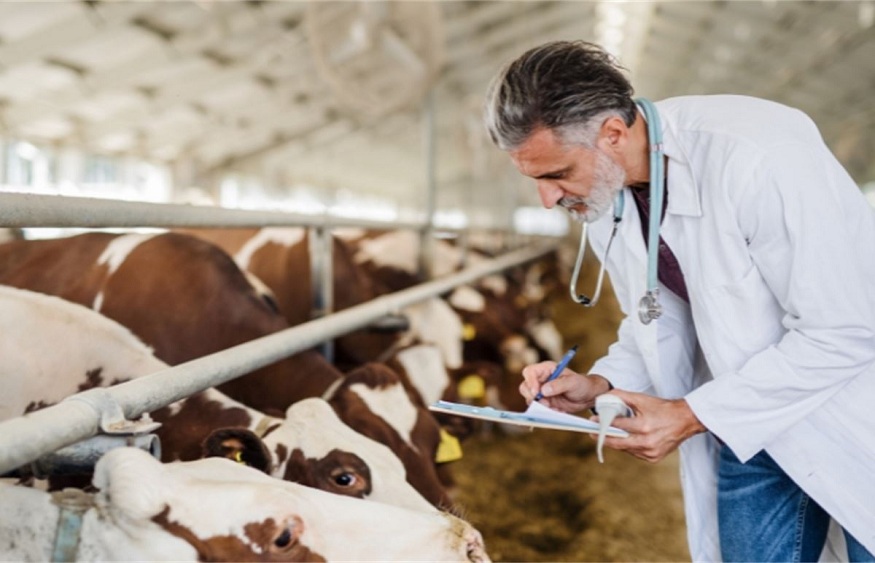Animal’s good health should always be your priority. It does not matter whether you have a pet or are a livestock farmer. If you are not very clear on what actions can help animals live a healthy life, then here are some essential tips that can help. Explore some valuable insights for maintaining the vitality and happiness of your beloved animals.
Healthy animals, a cleaner environment
Optimal animal health goes beyond productivity; it’s also an eco-friendly choice. Well-maintained livestock emit fewer greenhouse gases (GHG) and reduce the environmental impact. By following best practices in animal health and husbandry, GHG emissions from livestock could drop by 30%, as per FAO. Healthy animals not only produce efficiently but also live longer, sparing the environment from unnecessary emissions. When animals are poorly managed, their susceptibility to diseases can lead to premature deaths, contributing to GHG emissions. A Scottish study highlighted the potential for substantial savings by effectively treating key diseases in ruminants responsible for nearly half of GHG emissions.
Ensuring optimal nutrition
A balanced and nutritious diet is paramount for animal health. For every animal, dietary needs can vary, and the same rule goes for livestock animals too. The best part about livestock animals is that they can stay healthy with food rich in fiber and protein. Keep their water bowls filled with clean, fresh water consistently.
Implementing preventative measures
Utilizing vaccinations, parasite control, and stringent hygiene practices can significantly reduce the risk of illnesses and diseases in animals. Regularly vaccinate and control parasites for your pets, while for livestock, establish deworming and vaccination routines to maintain their health. Additionally, explore top-grade antibiotics available at Procurenet for unsurpassed livestock health and performance.
Ensuring Hygienic and Secure Surroundings
To preserve animal health, it’s vital to maintain a clean and secure environment. Cleanliness mitigates disease transmission, while safety measures prevent accidents and injuries. Pet owners should keep their pets’ living areas clean and provide secure spaces for exercise. Livestock require clean housing, water sources, and adequate ventilation to ensure their well-being.
Water quality is key.
Quality, clean, and cool water plays a vital role in the health and performance of your animals. It fosters robust internal and external systems and stimulates their appetite. Ensure water troughs and tanks remain spotless by utilizing chlorine, fish tablets, and a reliable scrub brush. Keep any plant material out of the water, as certain plants can be toxic. If your animals are using natural water sources, make sure they have easy access to clean water and use deicers during freezing winters.
Conclusion
Safeguarding animal health is paramount for their overall wellness and prolonged lives. Prioritizing a well-balanced diet with routine workouts for animals is always good. Additionally, effective preventative measures are key to ensuring the health and happiness of your animals. For a wide range of quality supplies, explore more options at Procurenet.
FAQs
What dietary improvements enhance animal health?
Balanced diets with probiotics and prebiotics improve digestion and health.
What measures boost livestock quality?”
Optimal nutrient intake for livestock based on their type, age, and activity promotes growth, reproduction, and overall quality.

